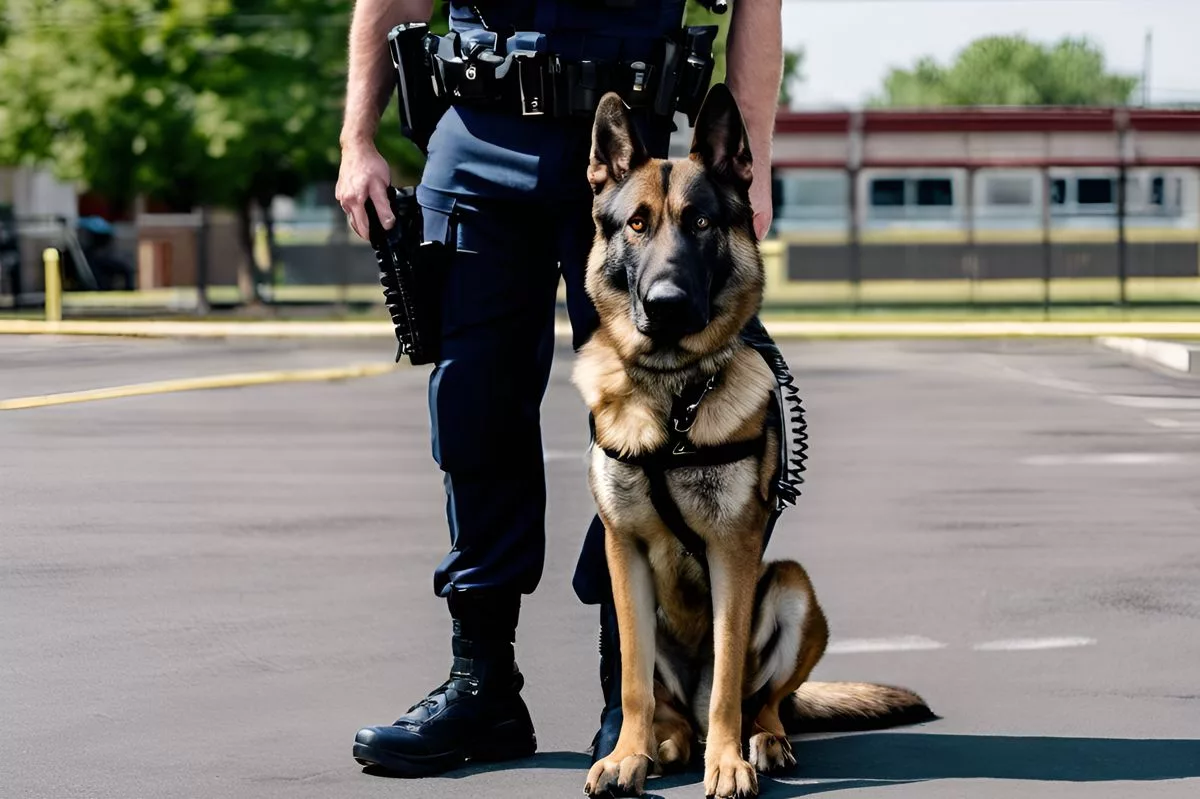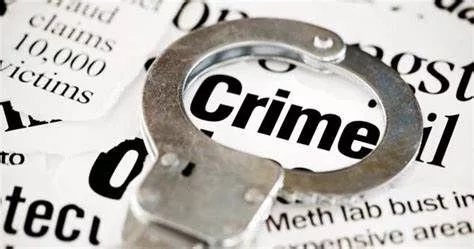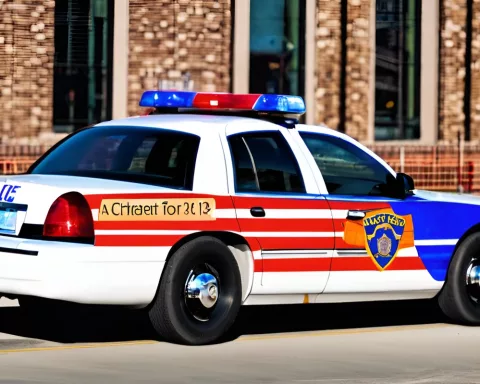School Resource Officers (SROs) are law enforcement officers whose primary commitment is to ensure the safety of learners, prevent unlawful activities, and enforce local regulations. Their duties involve scanning school boundaries, acting upon relevant information, lending a helping hand to students, and carrying out unexpected searches to prevent criminal activities. In addition to their law enforcement duties, SROs also act as builders of relationships, creating robust ties with schools and communities. They play a vital role in establishing safer environments within schools and are crucial protectors amidst rising academic challenges.
What is the role of School Resource Officers in maintaining safe learning environments?
School Resource Officers (SROs) are law enforcement officers stationed in schools to ensure the safety of learners, prevent unlawful activities, and enforce local regulations. Their vigilant eyes scan school boundaries, lend a helping hand to learners, and carry out unexpected searches, playing a crucial role in executing an efficient strategy for preventing criminal activities. The SROs also act as builders of relationships, creating robust ties with the schools and their surrounding communities.
In the growing daylight of a busy weekday morning, as the chiming notes of the school bell announce the commencement of another day of knowledge acquisition, a distinctive group of figures, distinguishable by their official attire, remain watchful and prepared. These individuals are not the standard school faculty; rather, they are the devoted School Resource Officers (SROs) from the City’s Law Enforcement Department. Their primary commitment is to ensure the safety of learners, prevent unlawful activities, and enforce local regulations.
Unwavering Protectors Amidst Rising Academic Challenges
The onset of the academic year has seen the indispensable nature of the SROs become increasingly evident. Their vigilant eyes scan school boundaries, acting upon relevant information, lending a helping hand to learners, and carrying out unexpected searches. These actions, while they may appear routine, play a crucial role in executing an efficient strategy for preventing criminal activities.
As the program expands and matures, this year has witnessed a significant strengthening of the SRO team, with an additional 60 officers swelling the ranks to a total of 96. These officers are judiciously stationed across 45 schools, including 23 selected by the Western Cape Provincial Government and an additional 22 chosen by the City of Cape Town.
Noteworthy Achievements: A Year of Increased Security Measures
The previous year has witnessed noteworthy accomplishments by the SROs. A marked surge was seen in the seizure of potentially harmful weapons, with officers confiscating 2,866 items, a stark increase from the 826 confiscated in 2022, marking an increase of over 240 percent.
Furthermore, the SROs reported numerous successes throughout 2023, including the confiscation of eight replica firearms and 2701 units of marijuana. They enacted 16 arrests and issued close to 400 traffic regulation fines. The year also witnessed a substantial rise in the number of fines issued, with the total reaching 1493, compared to 251 in 2022.
The SROs expanded their operations beyond the school property, joining forces with the South African Police Service during school vacations for combined enforcement activities. These included implementing vehicle checkpoints, which led to an increase in fines. Weekend patrols were also organized to discourage illegal disposal of waste and littering.
More Than Just Law Enforcers: Building Strong Community Bonds
The SROs play a role that extends beyond mere law enforcement; they also act as builders of relationships, creating robust ties with the schools and their surrounding communities. This relationship has proven to be vital in enhancing their enforcement achievements. Evidence of this was witnessed when the officers visited parents and students residing in the high-risk gang regions of Hanover Park. Here, they urged students who were absent to return to school, underscoring the importance of education.
The role and responsibilities of the SROs are lucid and unwavering. These officers are pivotal in establishing safer environments within schools. “Students must have the freedom to study and learn in a secure environment. We will not tolerate criminals posing a threat to the lives of teachers and students,” emphasized the City’s Mayoral Committee Member for Safety and Security, Alderman JP Smith.
In a society where safety within schools is a paramount issue, the SROs have emerged as a beacon of protection. Residents are also being urged to contribute to this endeavor by reporting any suspicious activities or criminal behavior. As Alderman Smith reiterated, the battle against disruptive and harmful criminal activities is a communal effort—we must all join hands to ensure our schools continue to be safe havens for learning.
What do School Resource Officers do?
School Resource Officers (SROs) are law enforcement officers stationed in schools to ensure the safety of learners, prevent unlawful activities, and enforce local regulations. Their duties involve scanning school boundaries, acting upon relevant information, lending a helping hand to students, and carrying out unexpected searches to prevent criminal activities. In addition to their law enforcement duties, SROs also act as builders of relationships, creating robust ties with schools and communities.
How do School Resource Officers prevent criminal activities?
School Resource Officers (SROs) play a vital role in preventing criminal activities by scanning school boundaries, acting upon relevant information, lending a helping hand to learners, and carrying out unexpected searches. These actions, while they may appear routine, play a crucial role in executing an efficient strategy for preventing criminal activities.
What accomplishments have been achieved by School Resource Officers recently?
Recent accomplishments of the School Resource Officers (SROs) include a marked surge in the seizure of potentially harmful weapons, with officers confiscating 2,866 items, a stark increase from the 826 confiscated in 2022, marking an increase of over 240 percent. Furthermore, the SROs reported numerous successes throughout 2023, including the confiscation of eight replica firearms and 2701 units of marijuana. They enacted 16 arrests and issued close to 400 traffic regulation fines.
What is the role of School Resource Officers in building community relationships?
School Resource Officers (SROs) play an important role in building strong community bonds with the schools and the surrounding communities. This relationship has proven to be vital in enhancing their enforcement achievements. The officers also visited parents and students residing in high-risk gang regions to urge students who were absent to return to school, underscoring the importance of education.
How many School Resource Officers are stationed in schools?
Currently, there are a total of 96 School Resource Officers stationed across 45 schools, including 23 selected by the Western Cape Provincial Government and an additional 22 chosen by the City of Cape Town.
How can residents contribute to the School Resource Officers’ endeavor to maintain safe learning environments?
Residents can contribute to the School Resource Officers’ endeavor to maintain safe learning environments by reporting any suspicious activities or criminal behavior. As the City’s Mayoral Committee Member for Safety and Security, Alderman JP Smith, emphasized, the battle against disruptive and harmful criminal activities is a communal effort—we must all join hands to ensure our schools continue to be safe havens for learning.












